Website Page Speed Optimization Services
- ✓ Image Optimization (PNG, JPEG to WebP)
- ✓ Java Script Optimization
- ✓ Content Optimization
- ✓ Source Code Compression
- ✓ Wc3 Validator
- ✓ Https 2 and Https 3
- ✓ Many More Points to fix (270+)
We did Page Speed Optimization for our Clients and digital partners in Phoenix | New Orleans | Orlando | New York City | Louisville | Los Angeles | Las Vegas | Kansas City | Manchester | Newcastle | London | Seattle | San Diego | San Antonio | Portland | Philadelphia | Arlington | Atlanta | Austin | Baltimore | Chicago | Cleveland | Dallas | Denver | Houston | Jacksonville | Miami | Minneapolis | UAE - Dubai | Abu Dhabi | Qatar Doha | Riyadh Saudi Arabia | Oman Muscat | Sharjah | Al Ain | Australia - Sydney | Melbourne

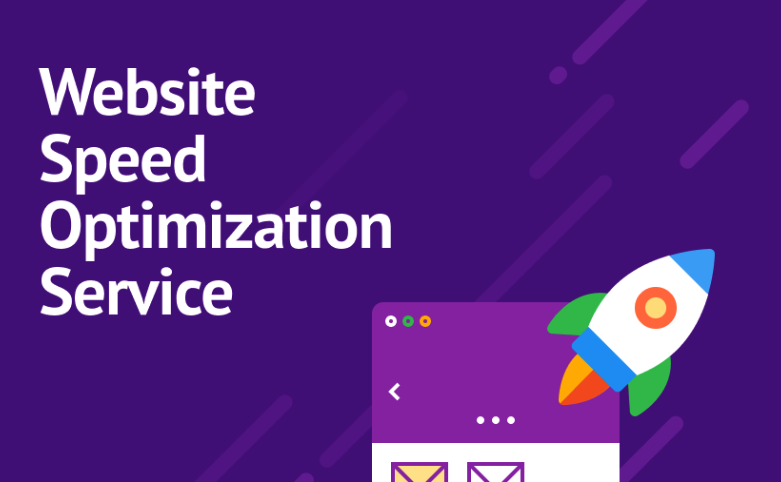
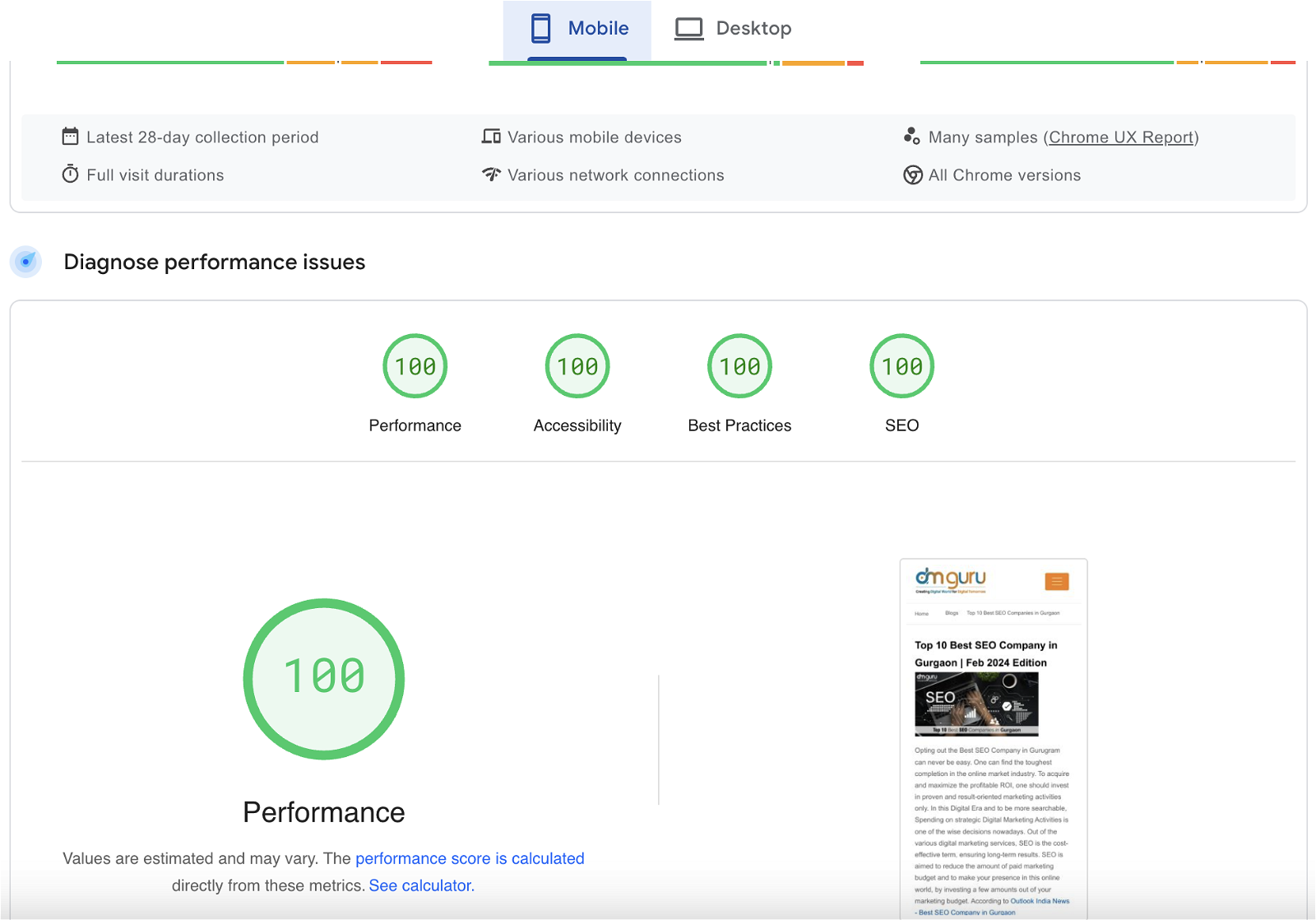
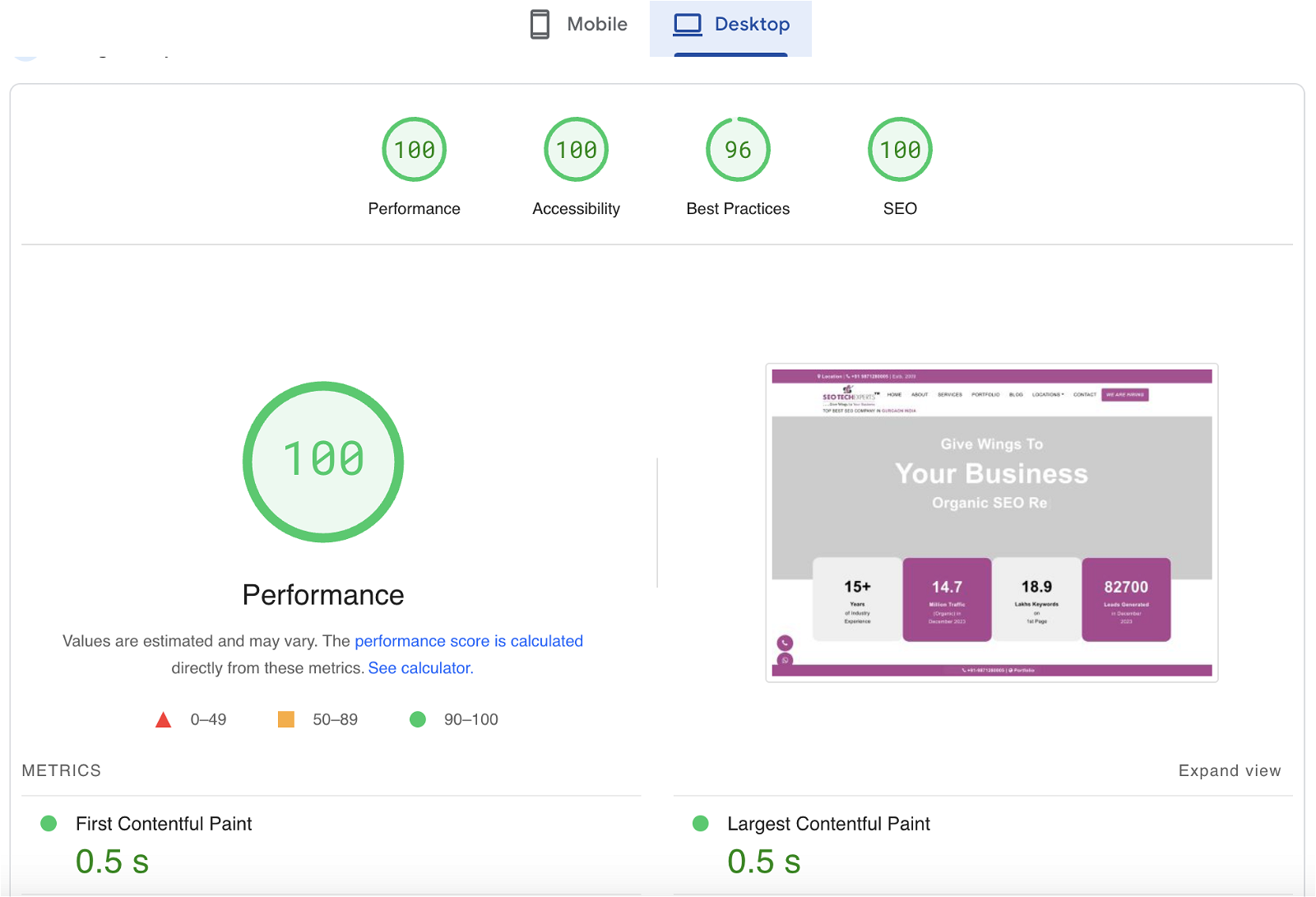
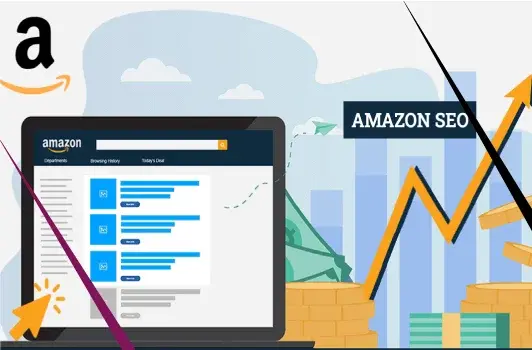



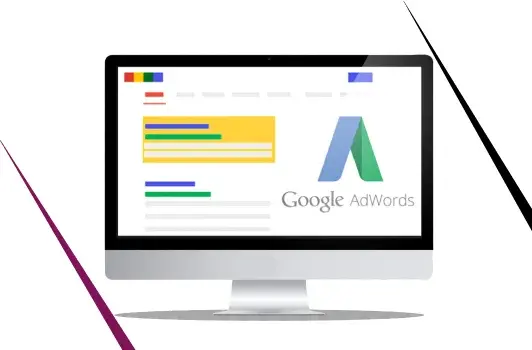


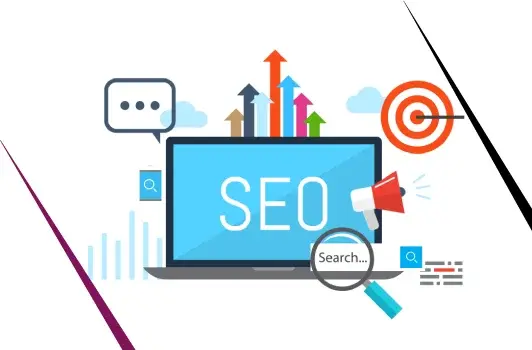
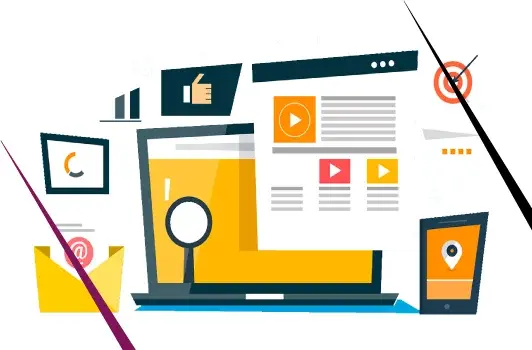
.webp)




